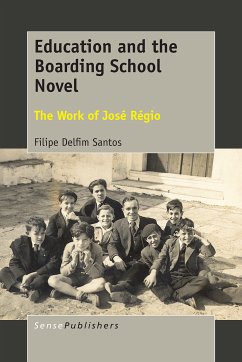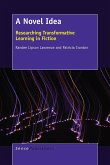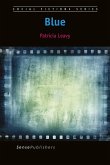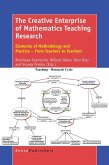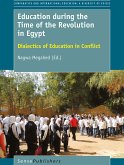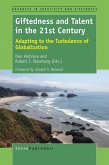"In this book, the author contributes to genre theory, space theory (suggesting allotopia for heterotopia, or describing hypertopia versus hypotopia), the study of authorship, the formation and education novels, and develops such concepts as Leidensgeschichte or the Telemachus complex. Based on Portuguese writer José Régio's novel A Drop of Blood (1945), he studies the cultural meaning of the immersion paradigm in education and some historical and anthropological features of boarding schools and other institutions of confinement.
This book is of interest to those studying the philosophy of education, masculinist nineteenth-century educational theories-in particular about masculine friendships-the place of the Bildungsroman in genre theory, Foucault's ideas on 'other spaces', and the implications of narcissism, melancholia, and nostalgia for the trauma narrative."
Dieser Download kann aus rechtlichen Gründen nur mit Rechnungsadresse in A, B, BG, CY, CZ, D, DK, EW, E, FIN, F, GR, HR, H, IRL, I, LT, L, LR, M, NL, PL, P, R, S, SLO, SK ausgeliefert werden.

